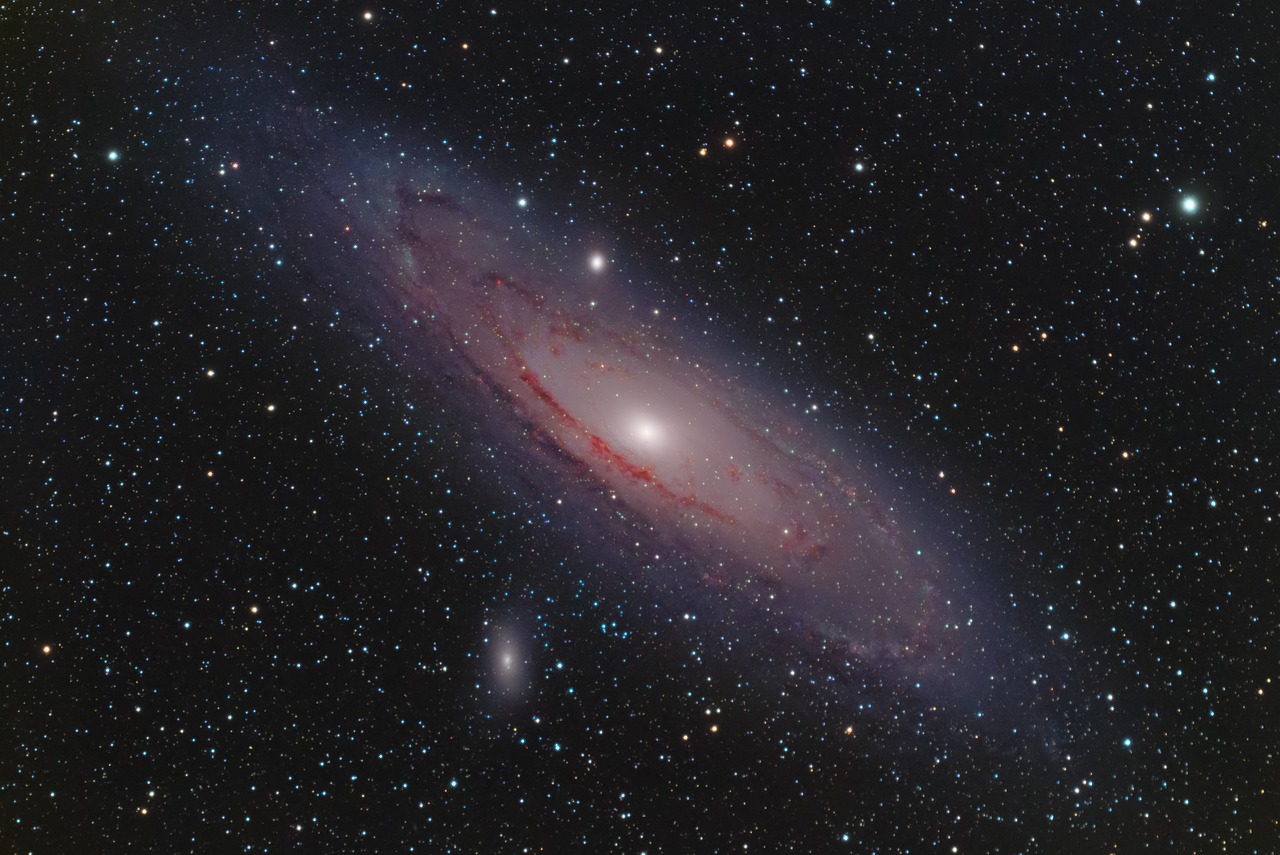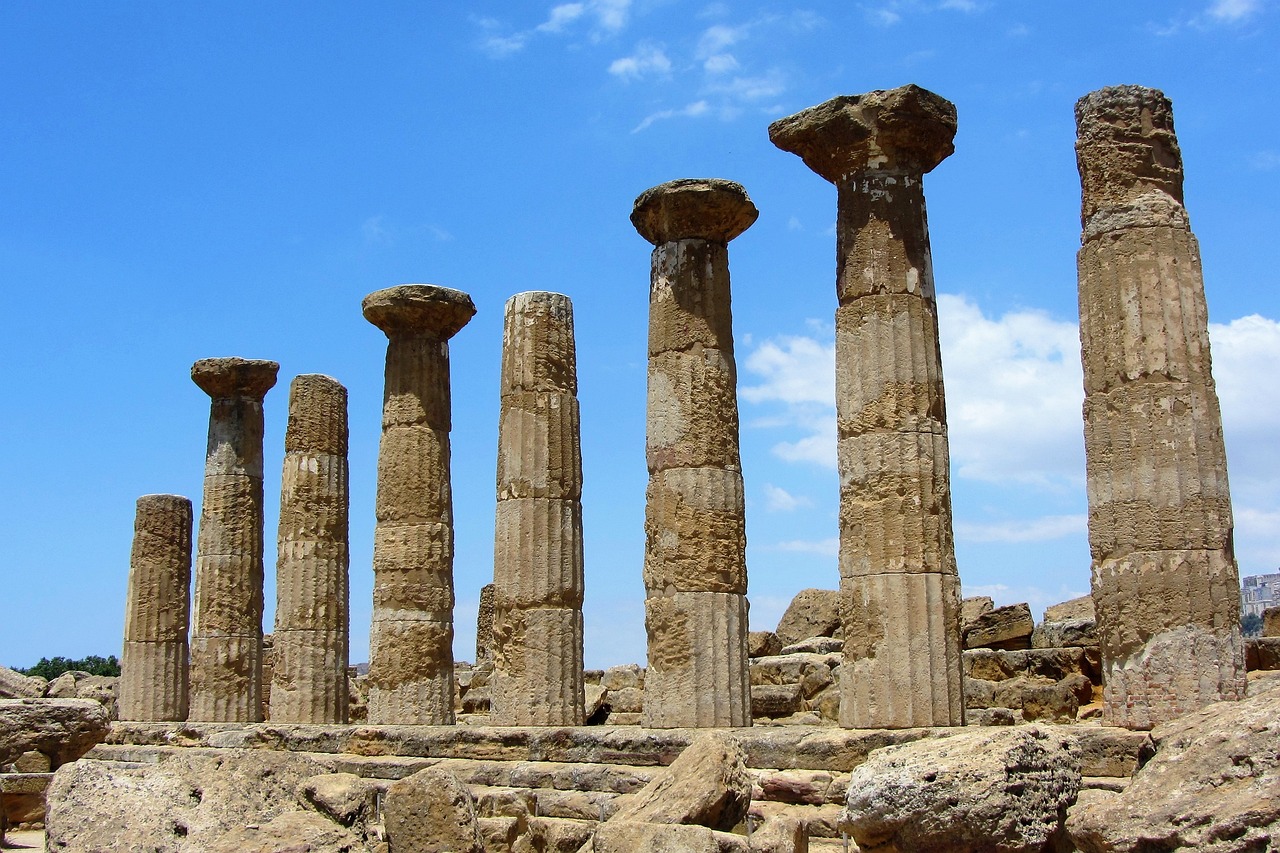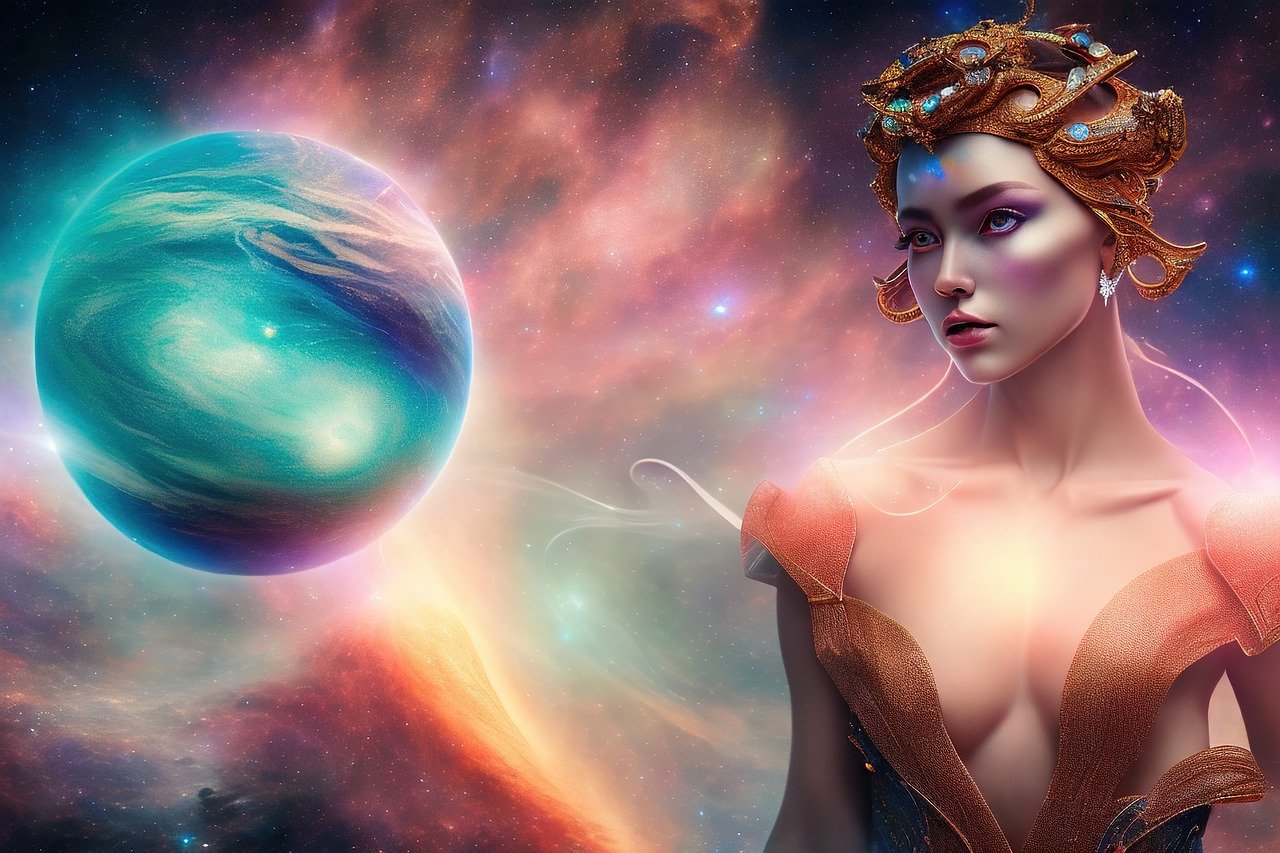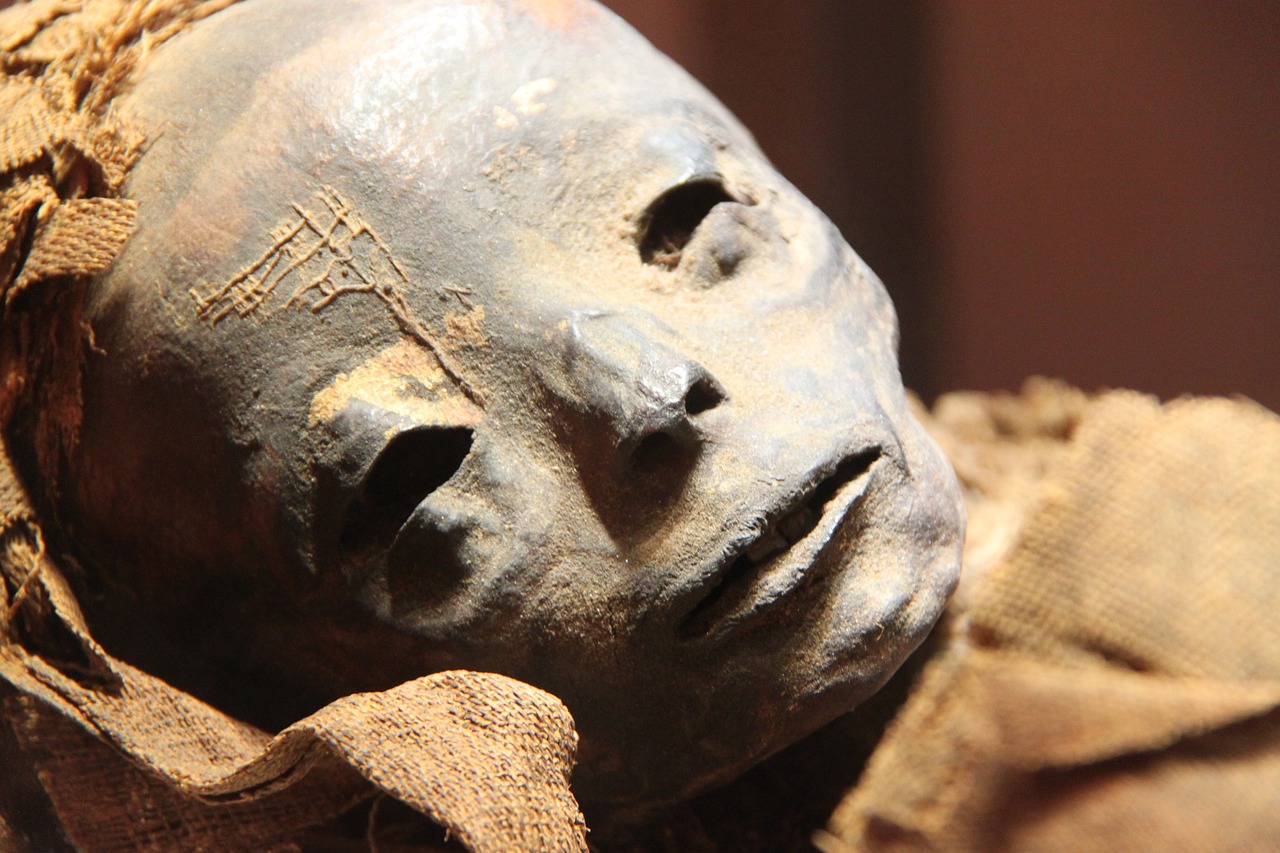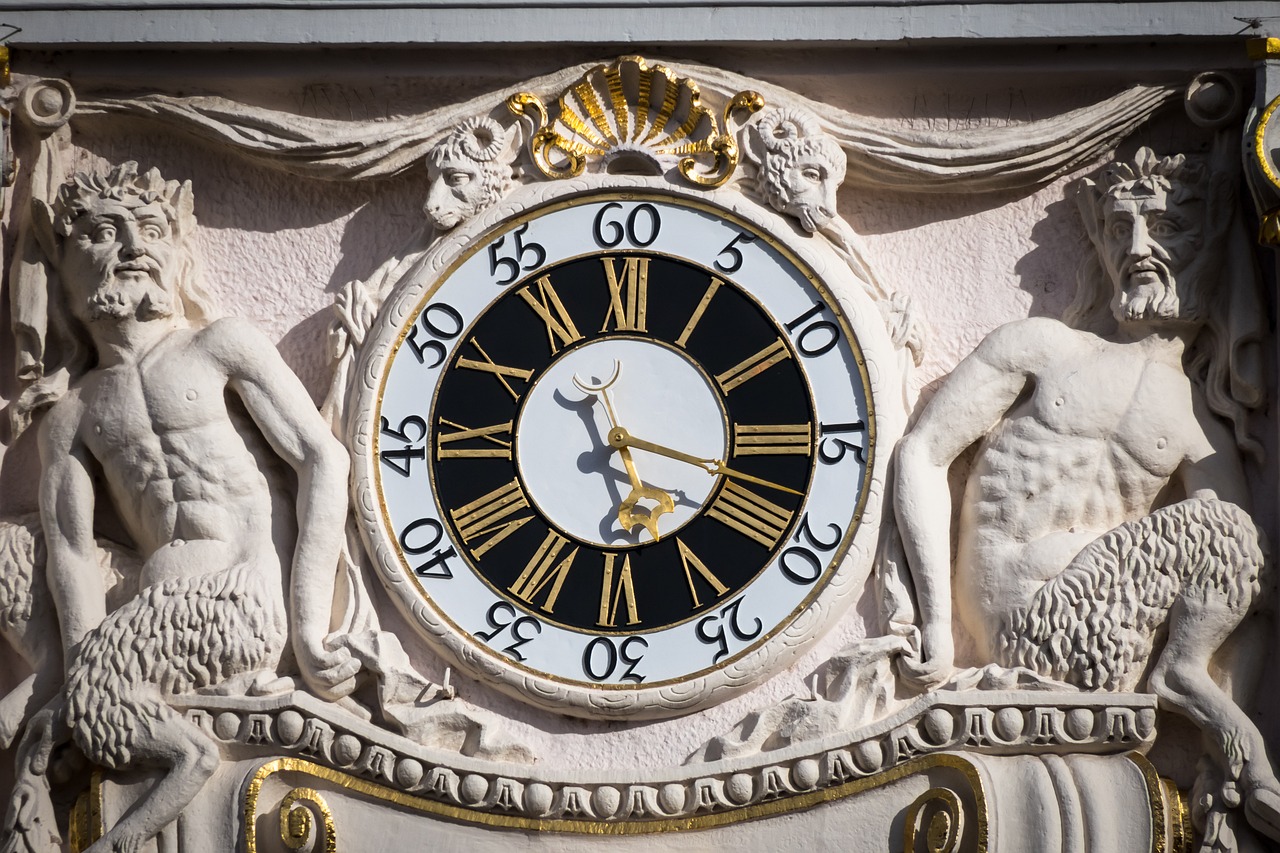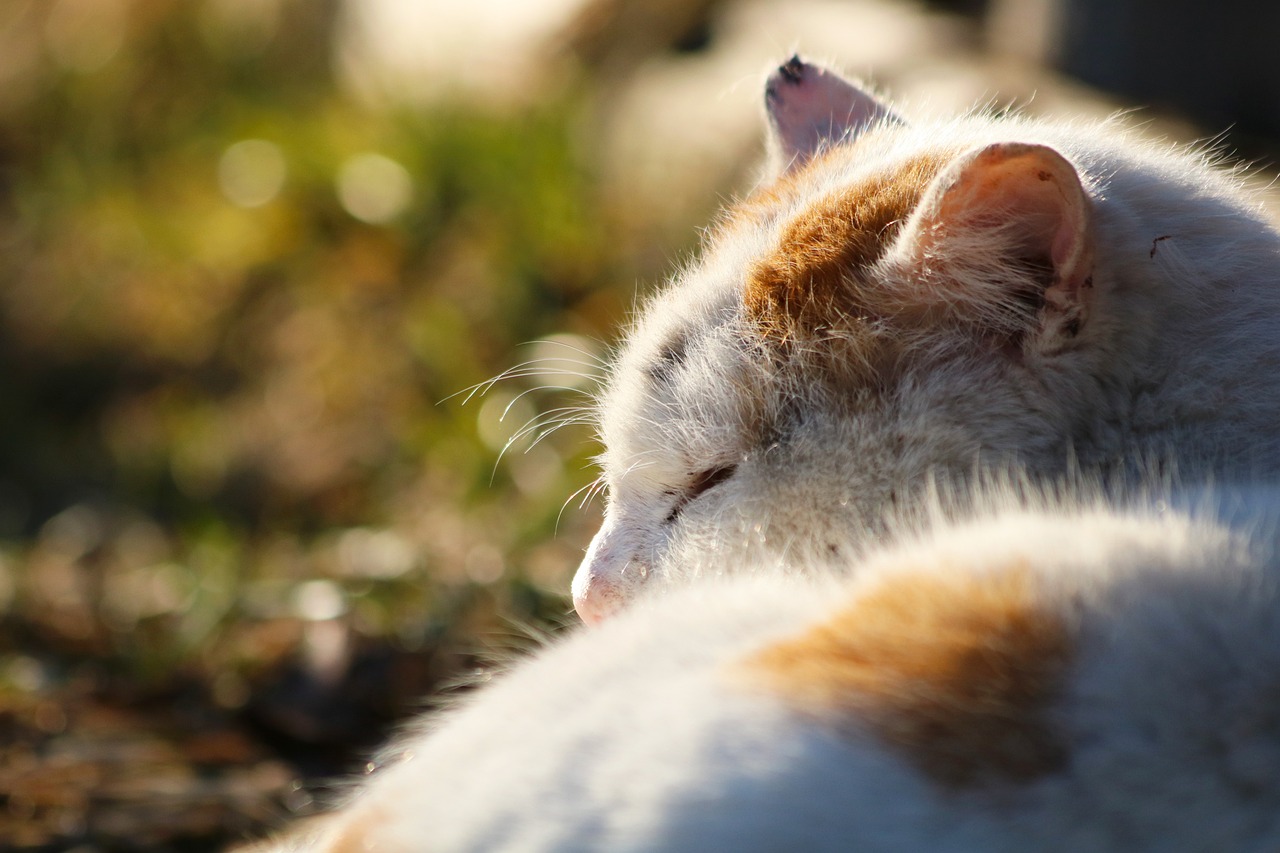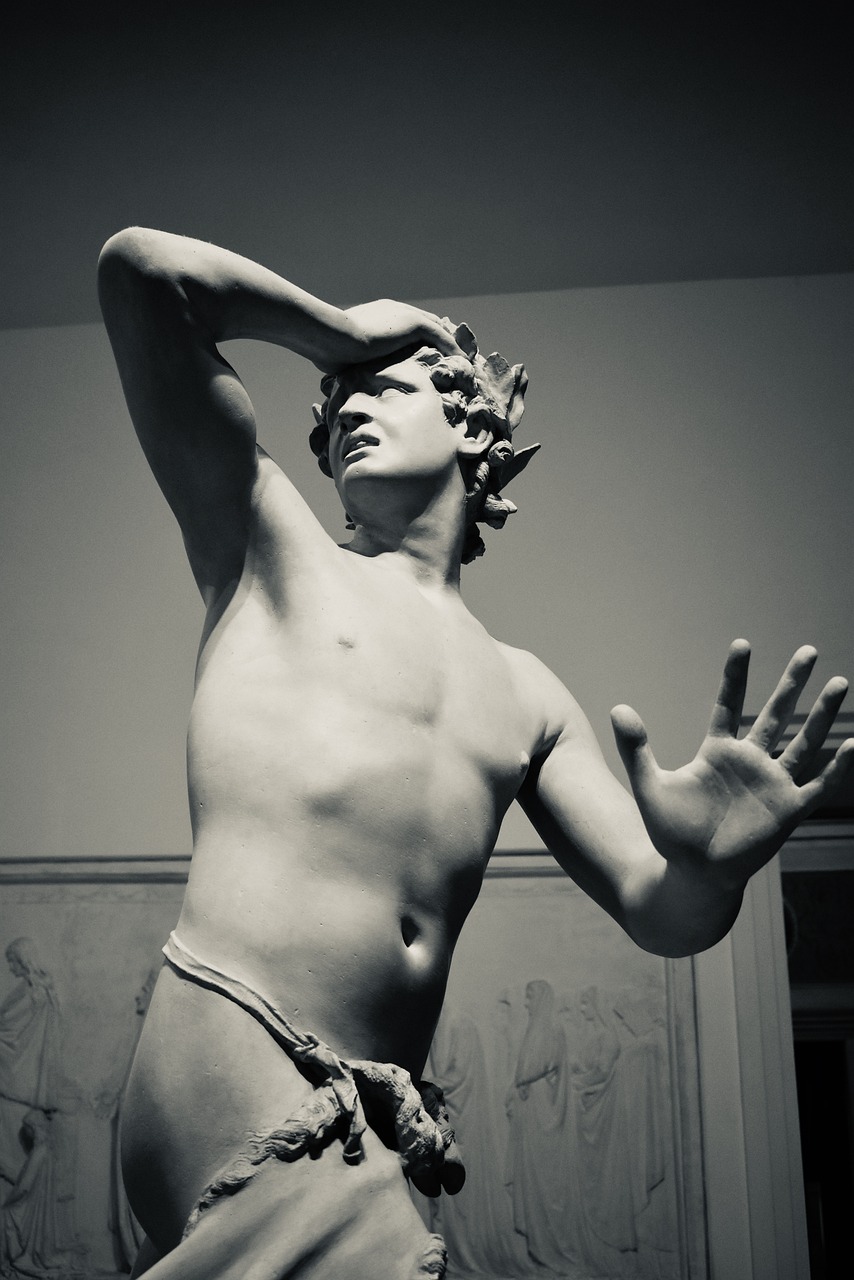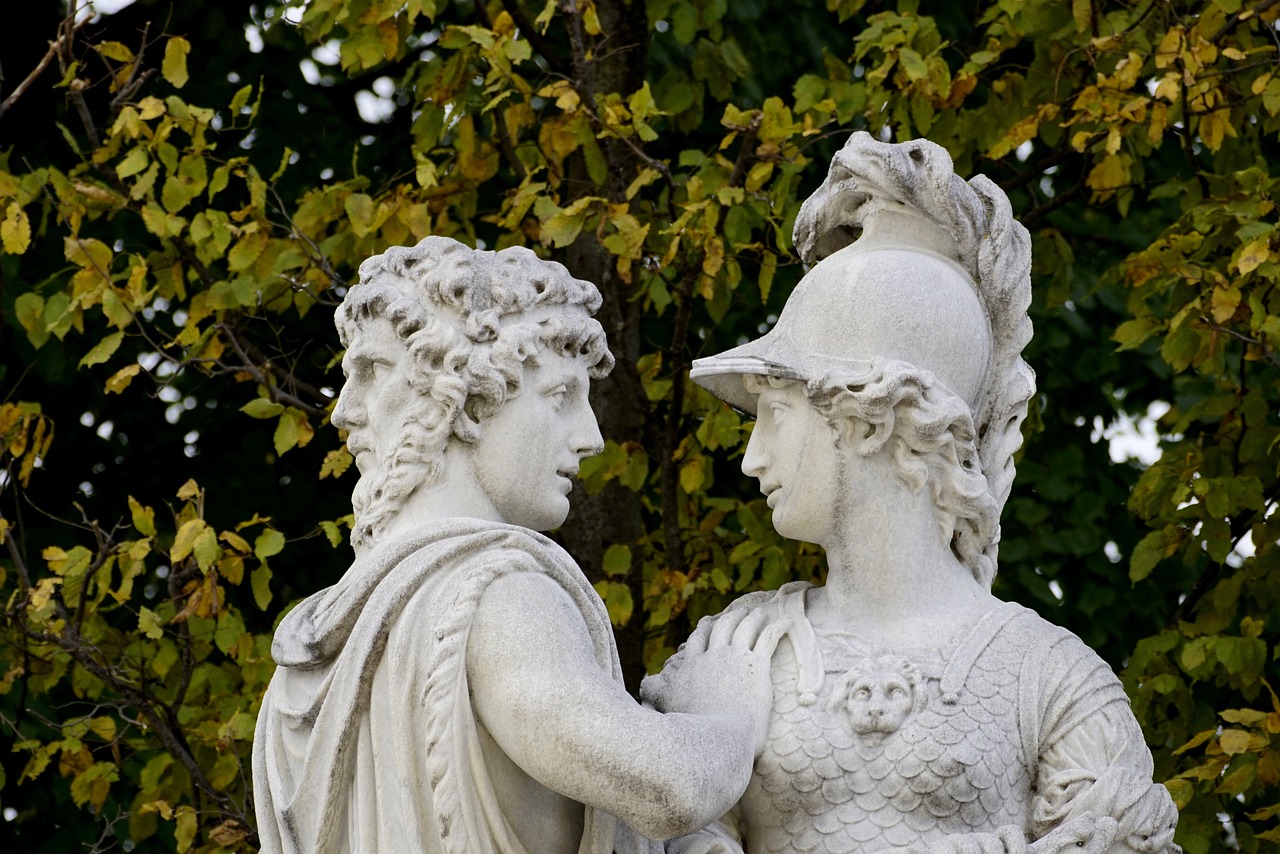Tag: Mythology
-
Author’s Note: This narrative serves as a reimagined beginning of the mythological tale of Perseus and Andromeda, told from Andromeda’s perspective, intricately woven into the historical tapestry of Ancient Ethiopia—the original backdrop for this profound legend. This piece is a tribute to Andromeda’s fragmented monologue in Euripides’ play, emphasizing those lost sentiments. For those seeking…
-
The Legendary Exploits of Heracles I. Heracles’ Twelve Labors Heracles, the illustrious hero of ancient Greece, was tasked by the Delphic Oracle to undertake a series of twelve grueling labors on behalf of King Eurystheus of Mycenae. These remarkable feats not only showcased his strength and bravery but also defined his legendary status in Greek…
-
Goibniu, a prominent figure in the Tuatha Dé Danann, represents one of the three deities associated with craftsmanship, known as na trídé dána, alongside Credne and Luchta. His legend is particularly highlighted in “Cath Maige Tuired” (The (Second) Battle of Mag Tuired), wherein he plays the role of an indefatigable smith, providing the spear that…
-
Diana, the Roman goddess, held multiple roles in mythology, being known as the deity of childbirth, fertility, the moon, and wild beasts. Above all, however, she is celebrated as the goddess of the hunt, with deer as her sacred animal, and corresponds to the Greek goddess Artemis. As with many mythological narratives, stories about Diana…
-
In the northwestern region of suburban Cairo, buried beneath 20 meters of soil, lies ancient Iwn, a city that witnessed the genesis of existence itself. Known to the Greeks as Heliopolis, meaning the city of the sun-god, and referred to as Ain-Shams, or the eye of the sun, by the Arabs, this site is arguably…
-
Statue of Hercules: An Artistic Reflection of Mythology Creation and Characteristics Crafted in the late 18th century by an unidentified Roman artist, the Statue of Hercules showcases a compelling interplay between historical reverence and artistic innovation. This sculpture measures approximately 66 3/4 x 33 1/2 x 26 1/2 inches (169.5 x 85.1 x 67.3 centimeters)…
-
Faunus, the son of Picus and the father of Latinus, was the third king of the Laurentes. During his reign, he followed the agricultural and pastoral traditions established by his predecessors, Picus and Saturn. He was distinguished not only as a ruler who advanced farming practices and livestock breeding but also as a celebrated hunter.…
-
Hypnos holds a significant position in Greek mythology as the embodiment of sleep, representing a vital facet of human existence. He is the offspring of Nyx, the goddess of the night, and Erebus, the god of darkness. Hypnos shares a close bond with his twin brother, Thanatos, who governs death. Together, they possess the unique…
-
The narrative of Orpheus and Eurydice has been a profound source of inspiration among ancient authors like Apollonius of Rhodes, Virgil, and Ovid, and has also found its way into modern retellings such as that of Edith Hamilton in her work, “Mythology.” The Origins of Orpheus Orpheus, hailing from noble lineage, was born to a…
-
As Valentine’s Day approaches, it is fitting to delve into the figure many connect with love—Cupid! This character holds a significant place in both Greek and Roman mythology. In Greek traditions, he is referred to as Eros, standing not only for romantic love but also for the physical acts associated with it. The Romans, on…

